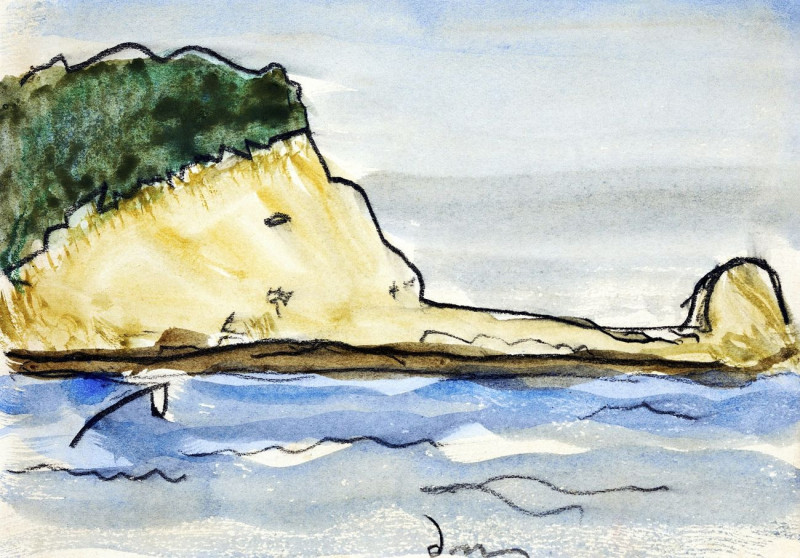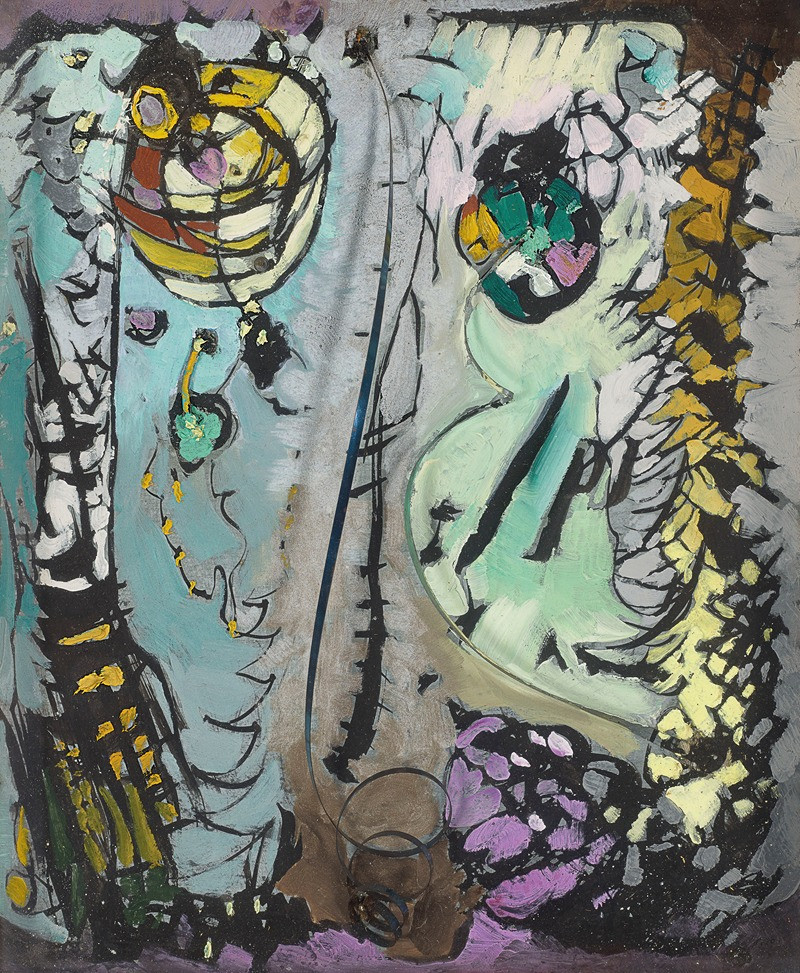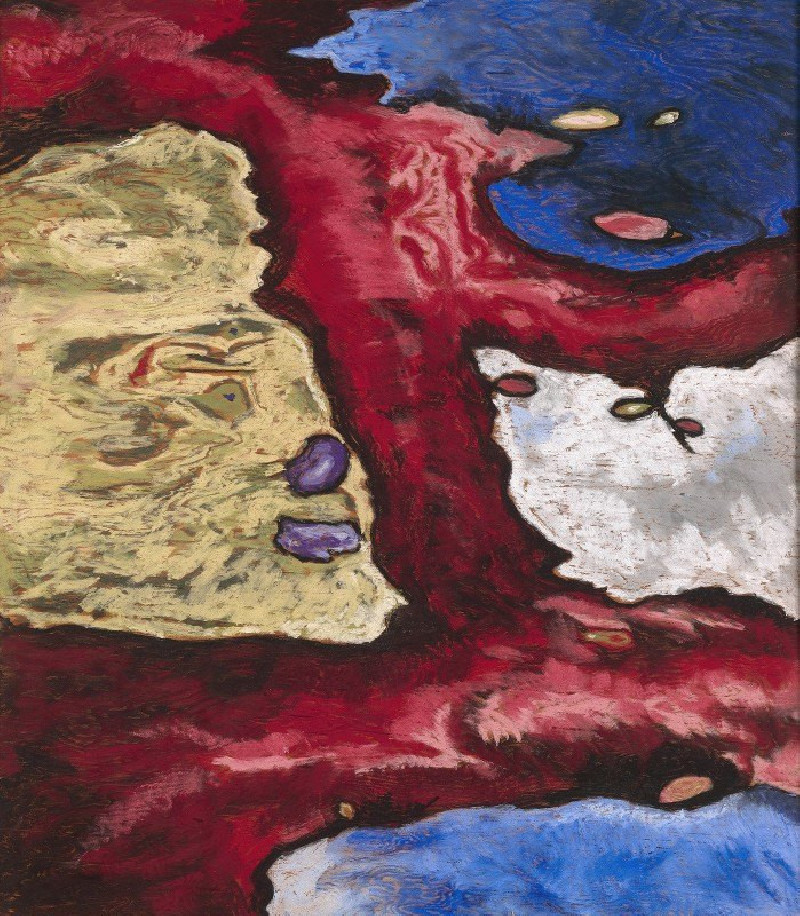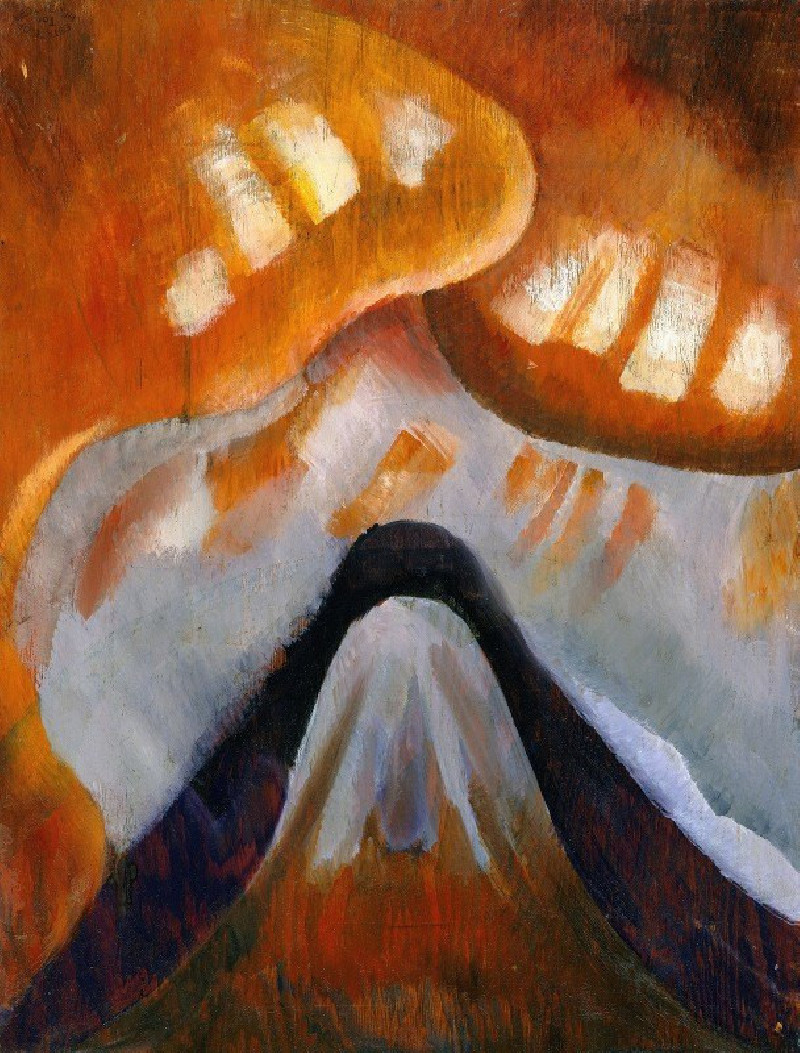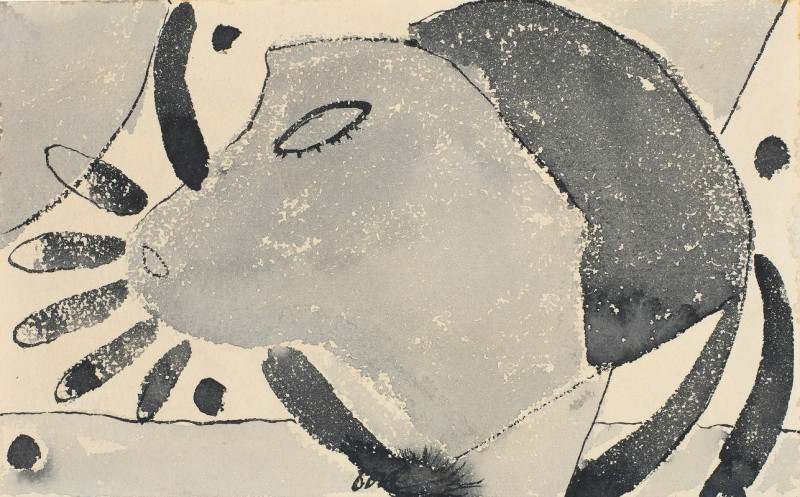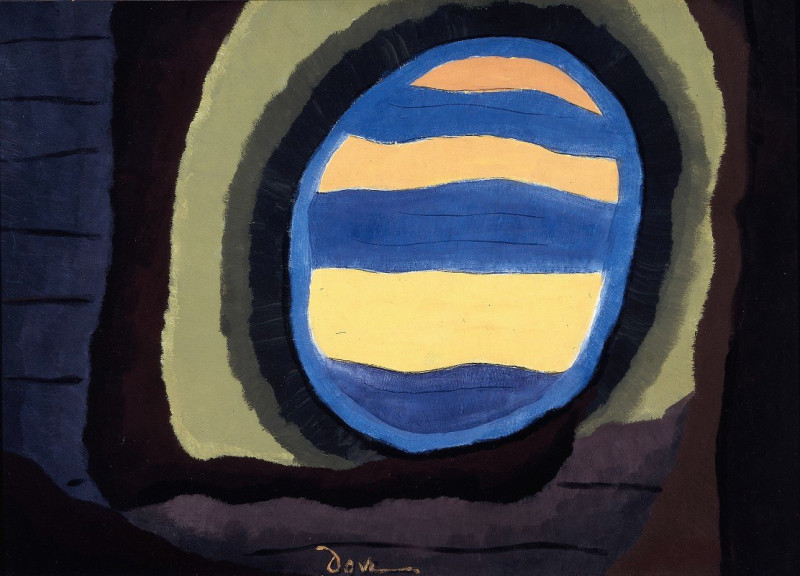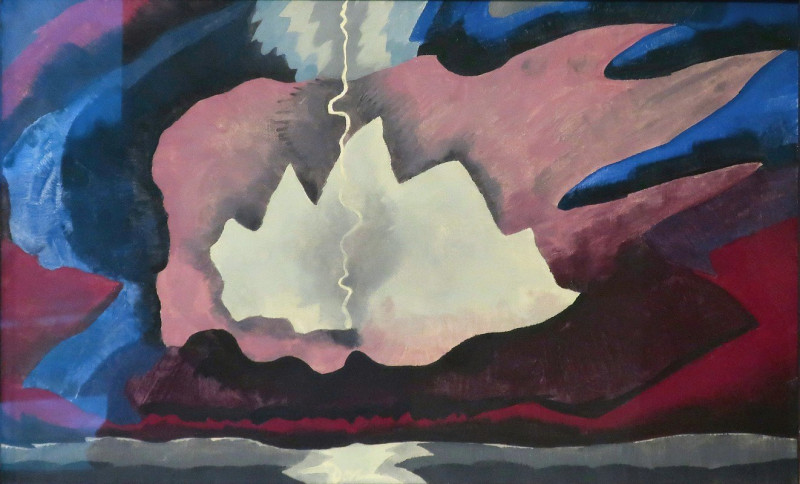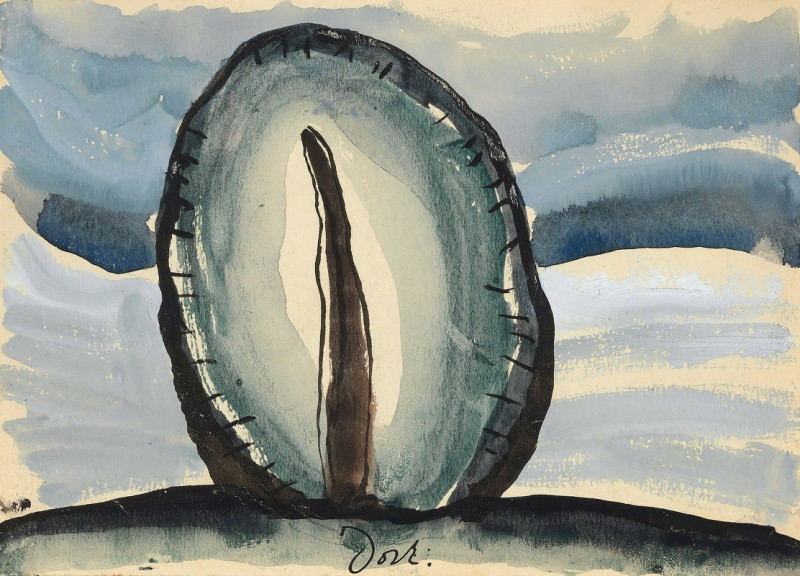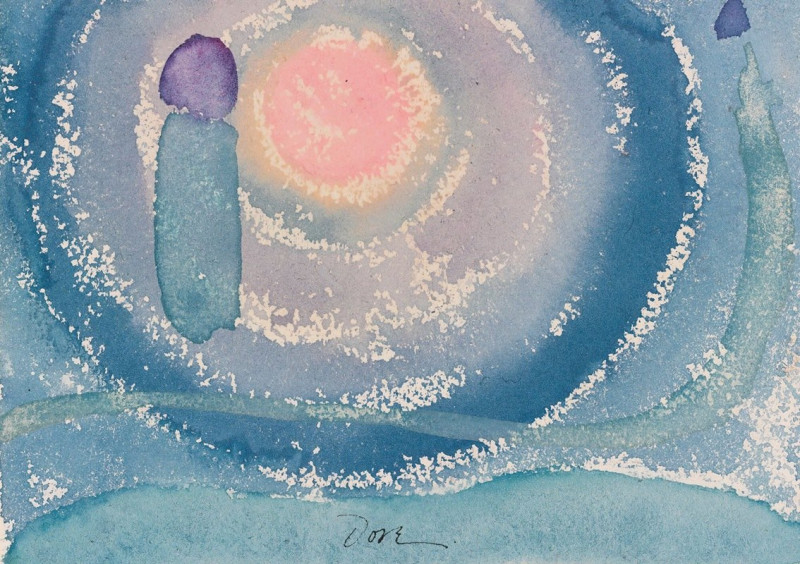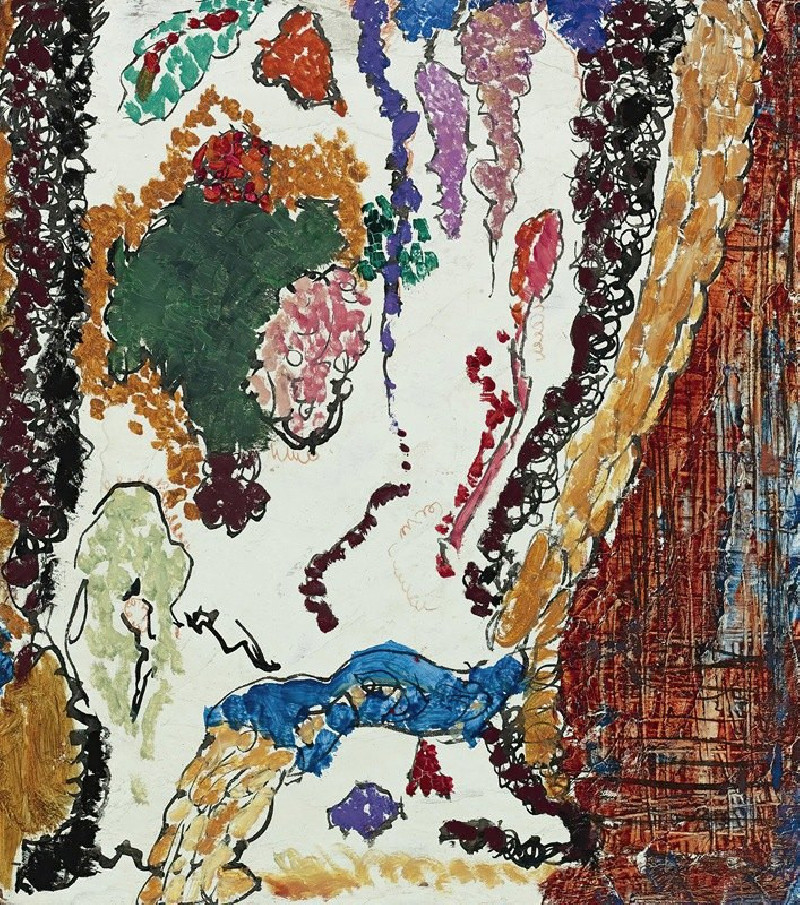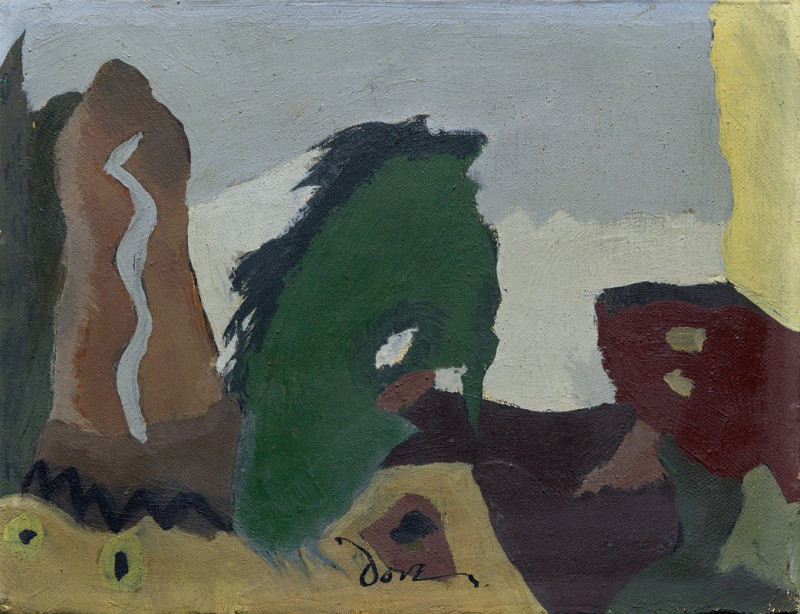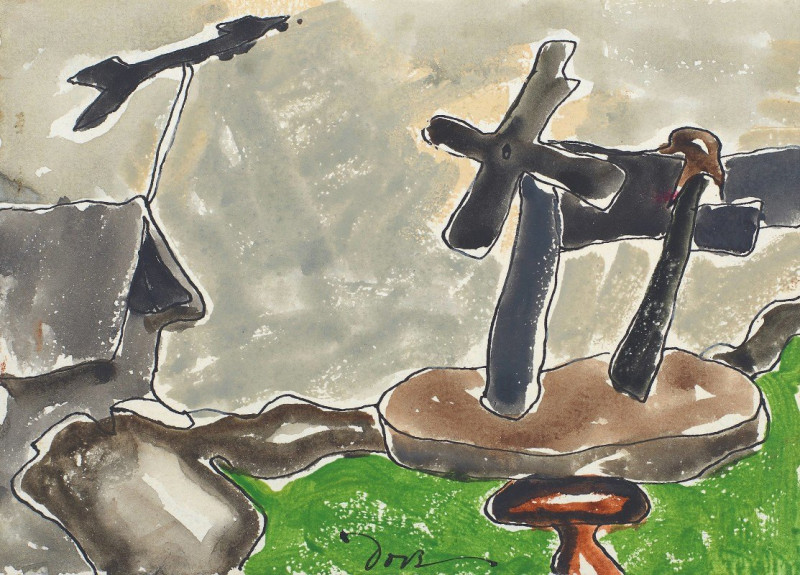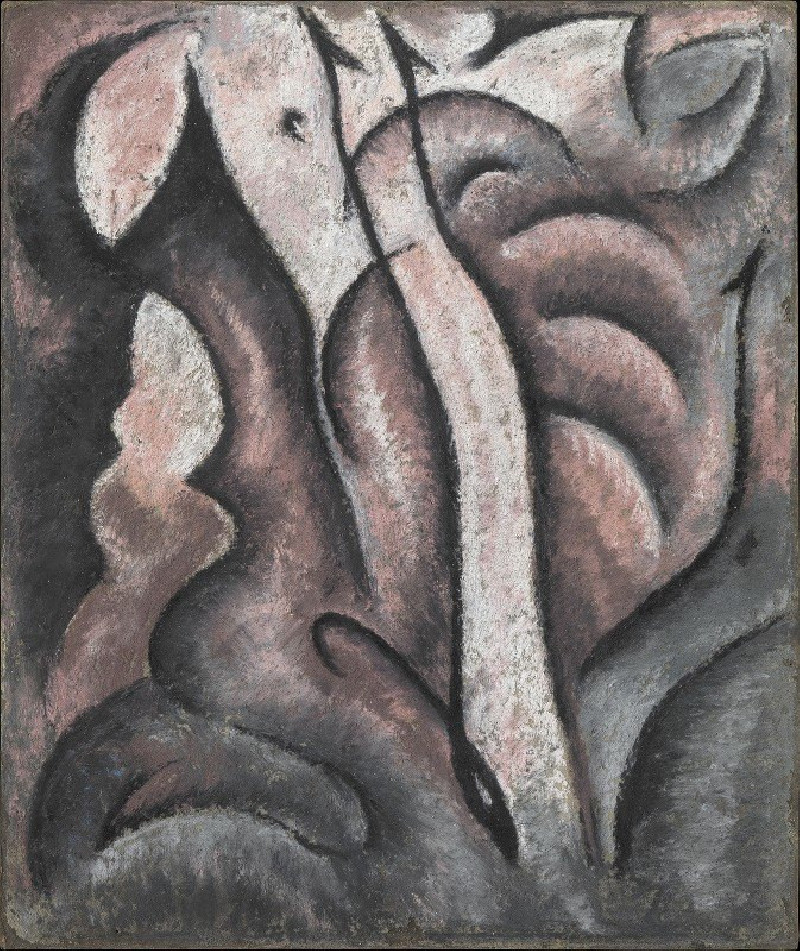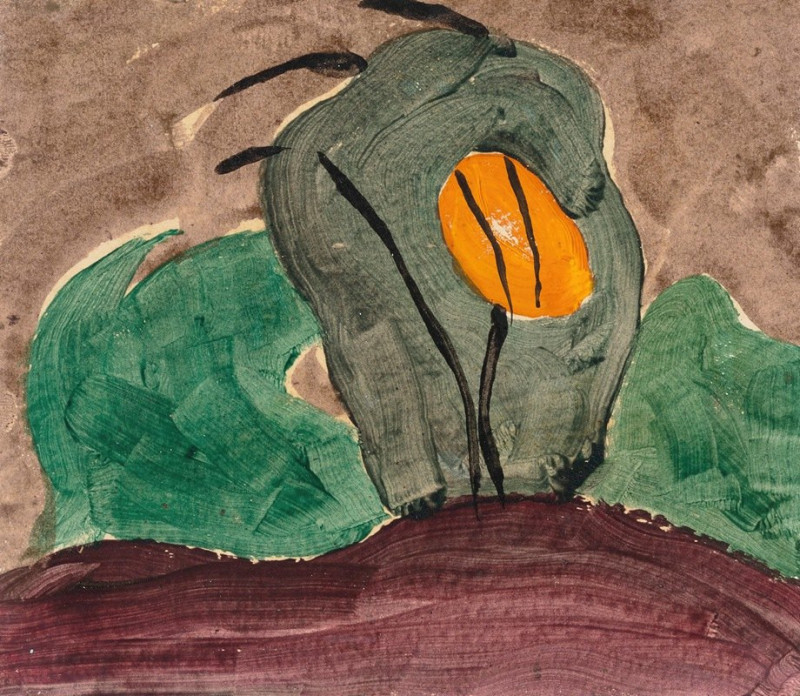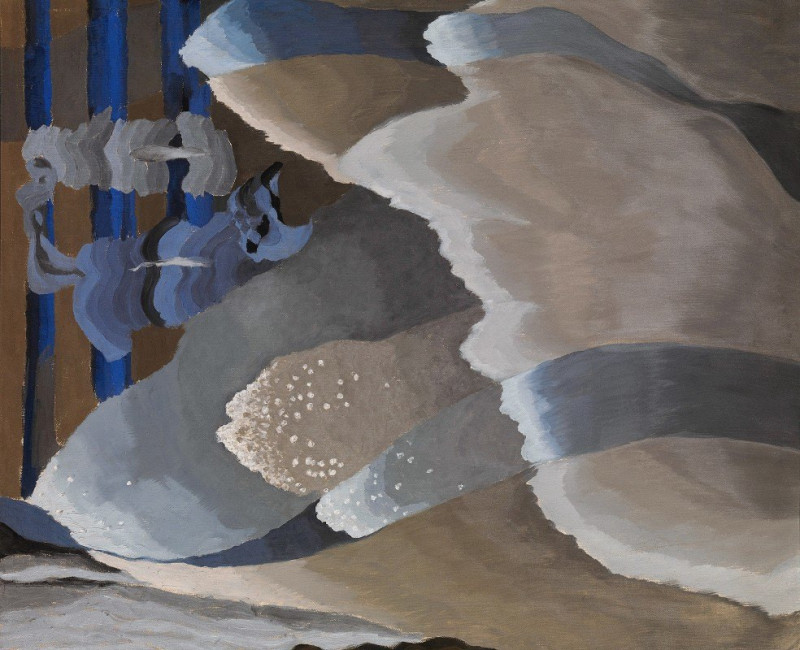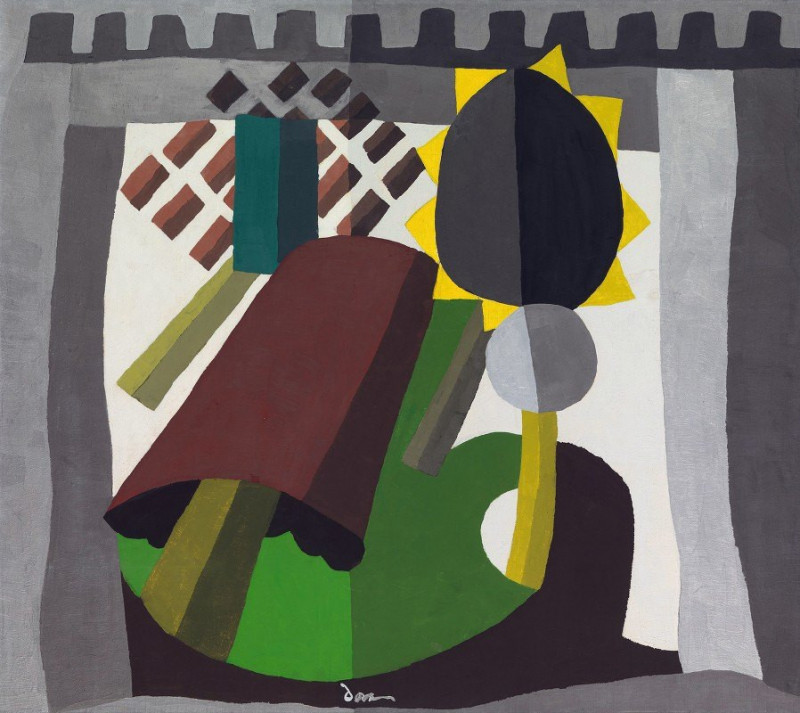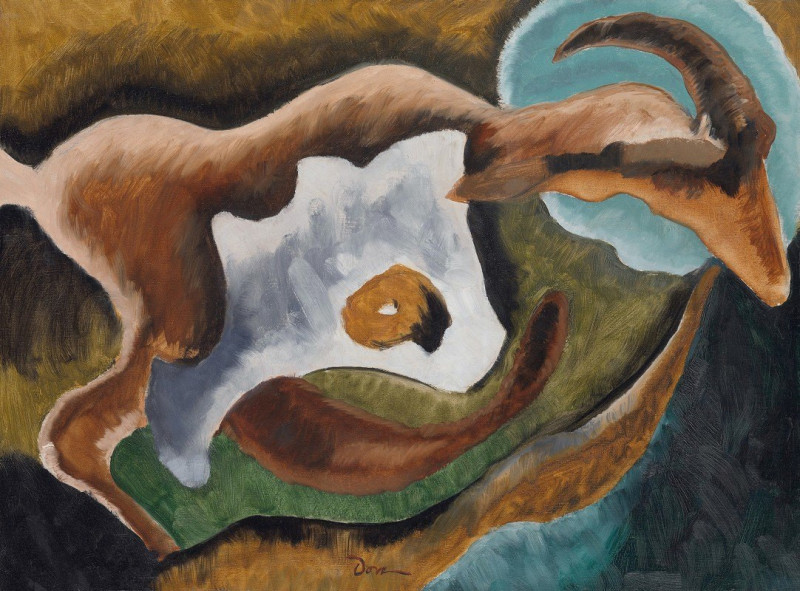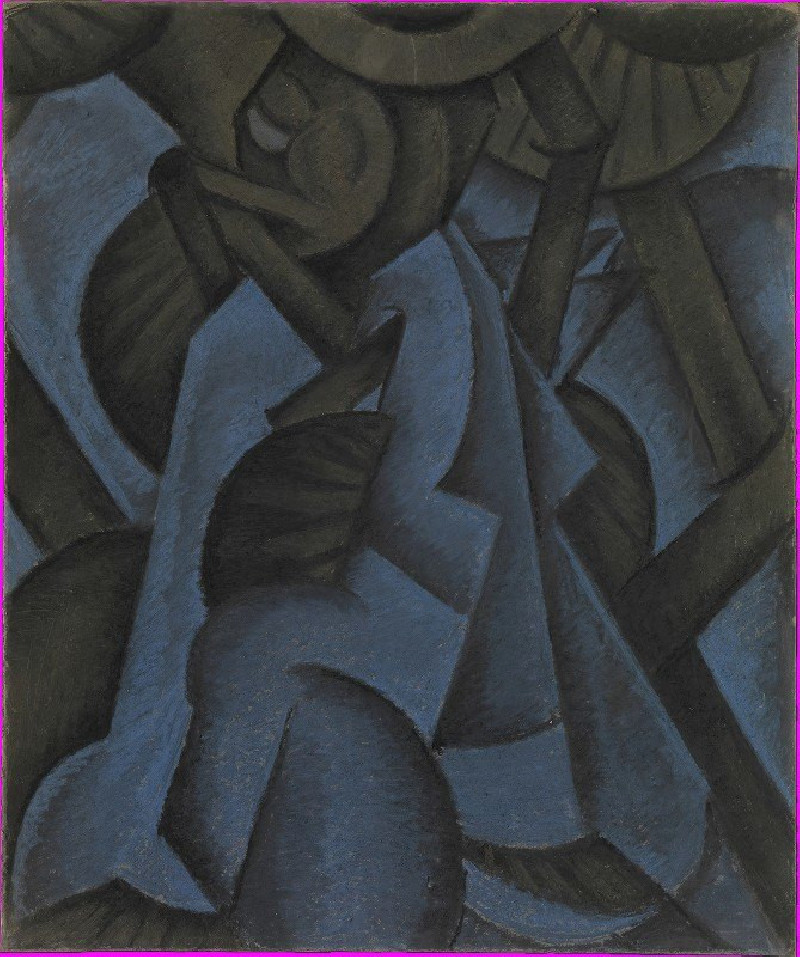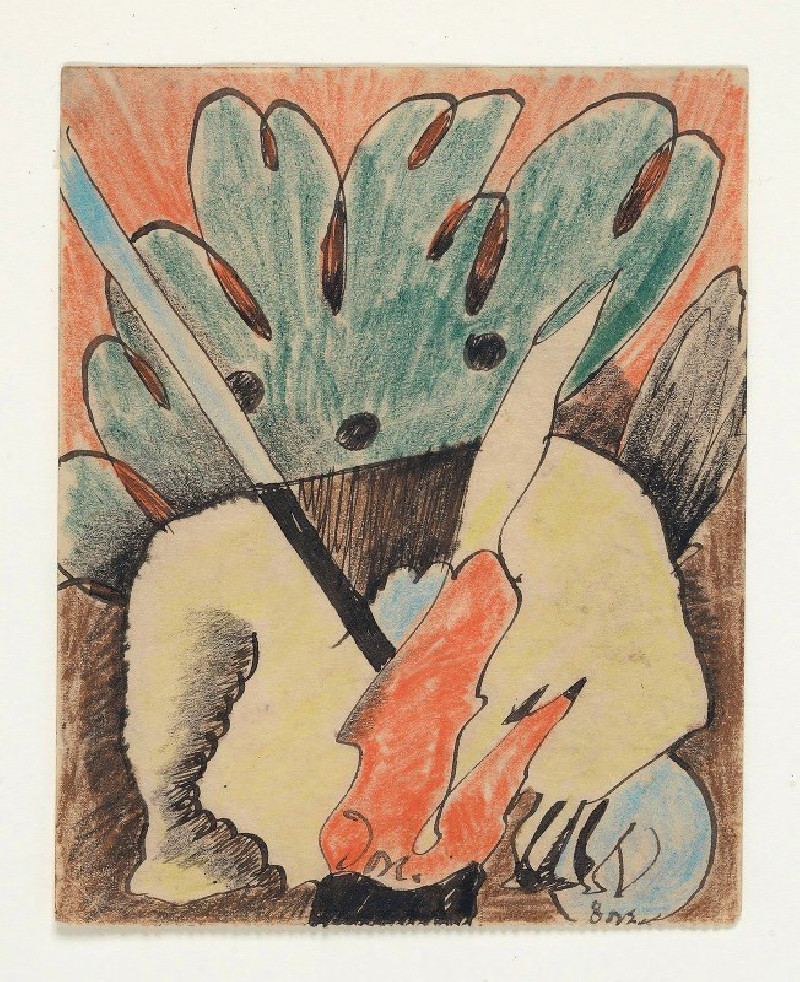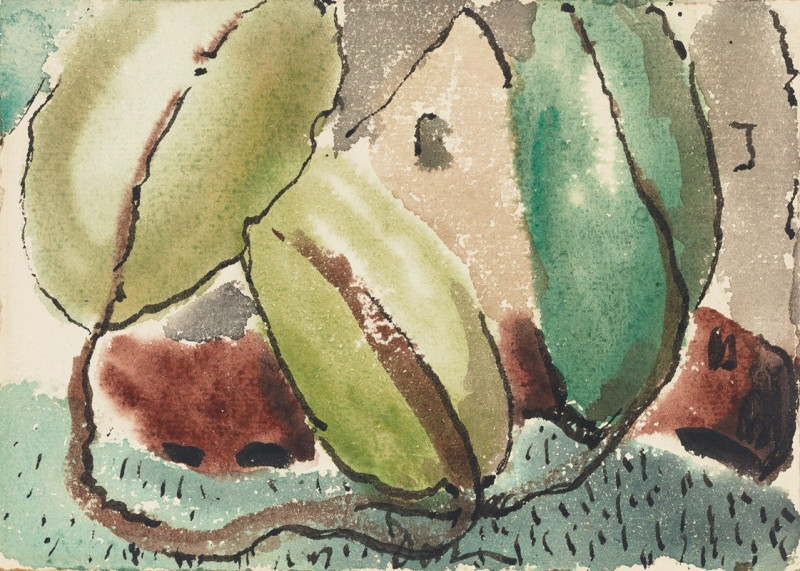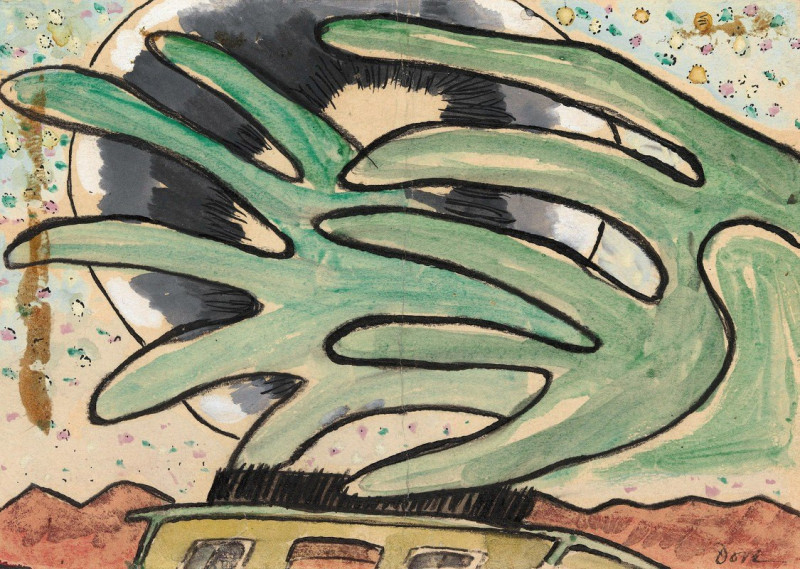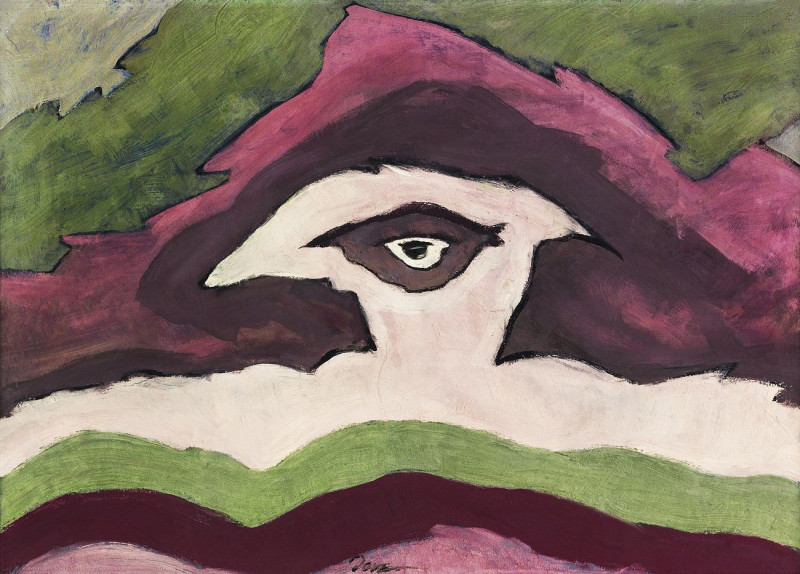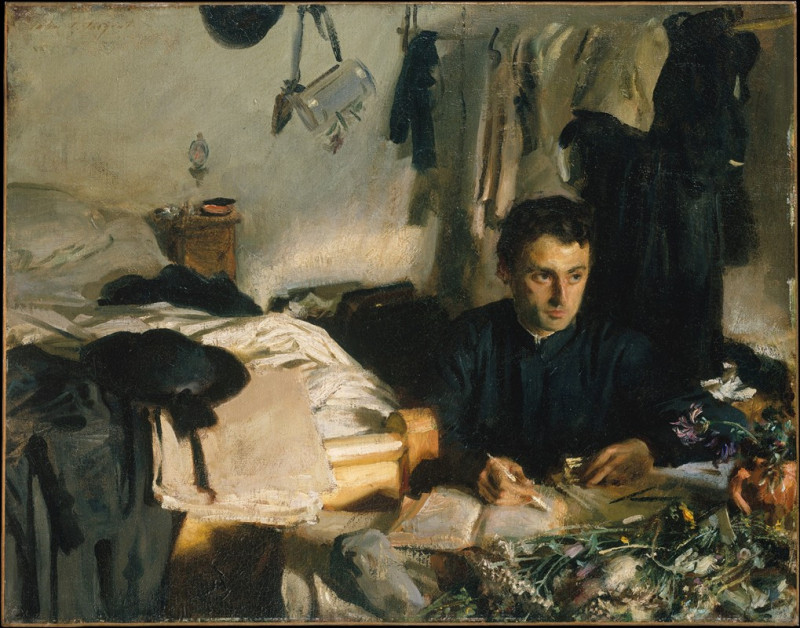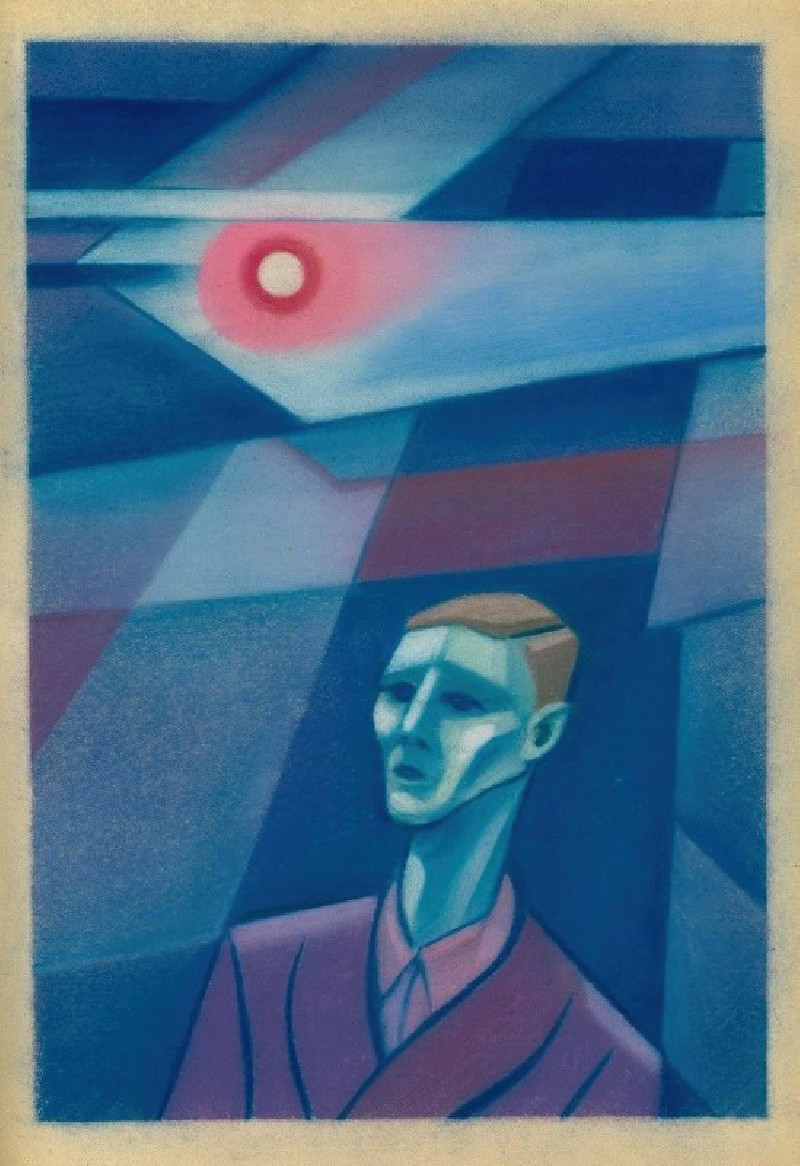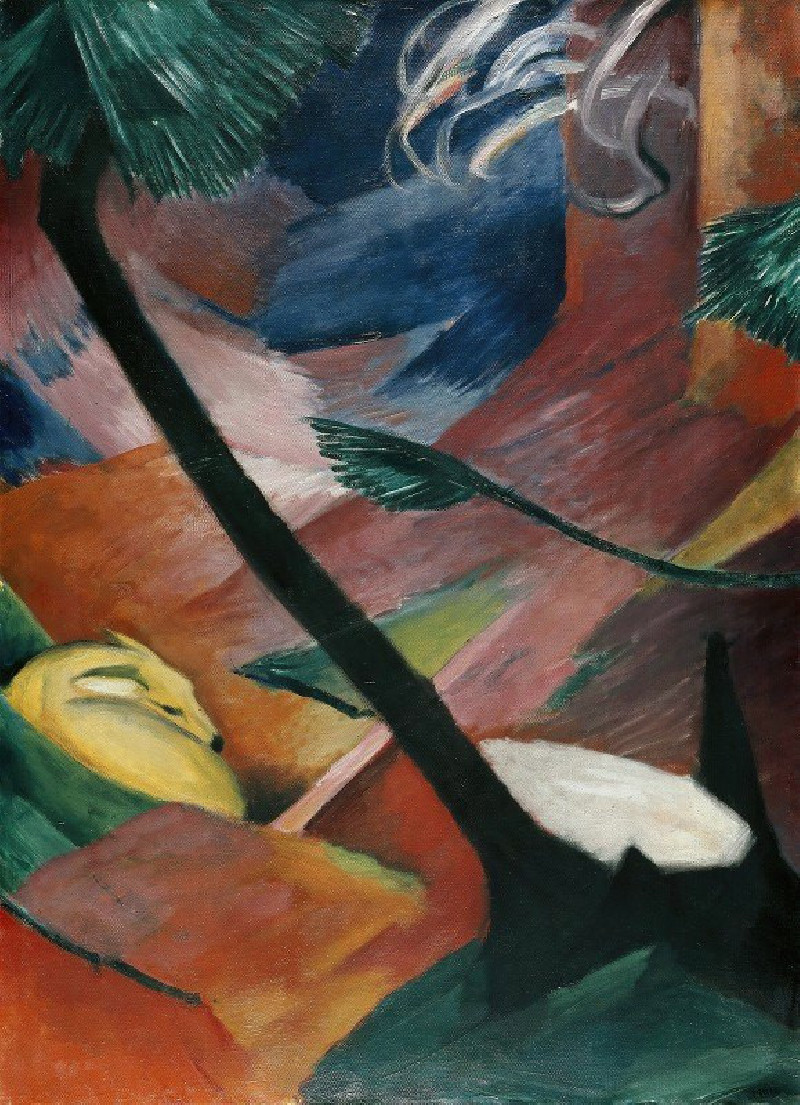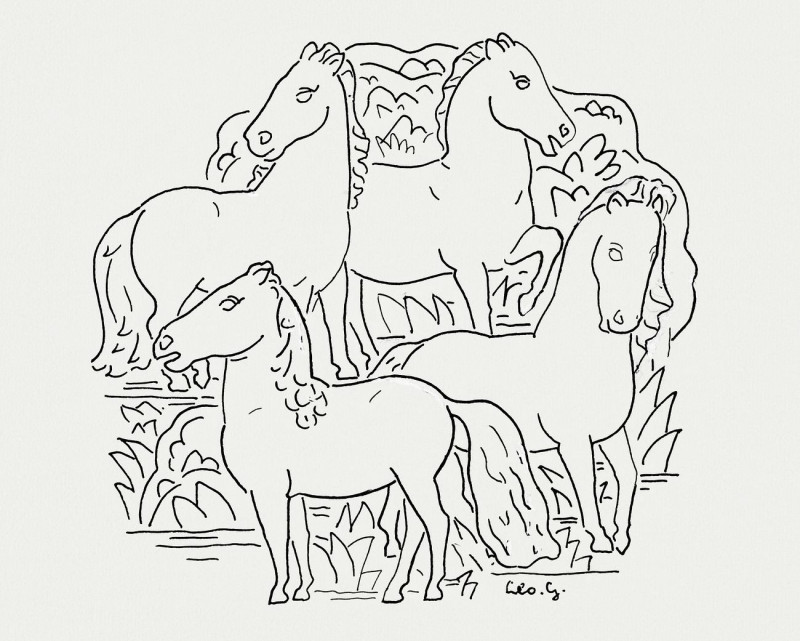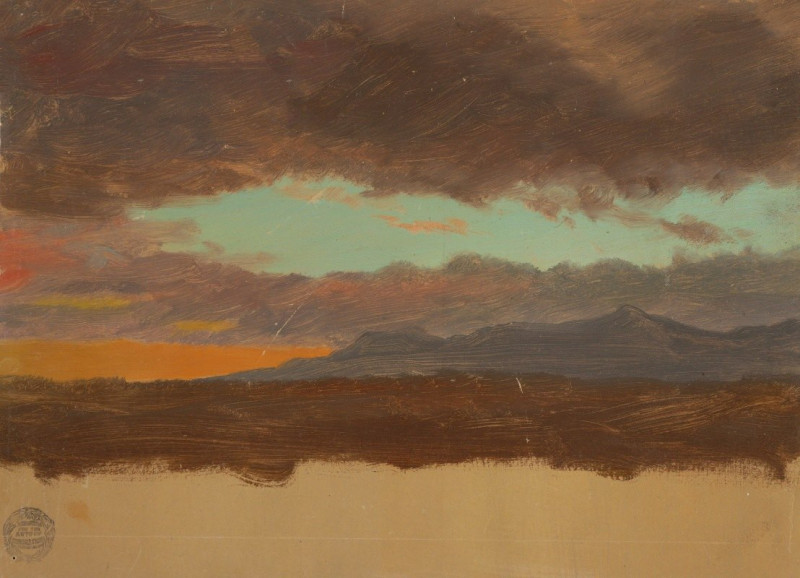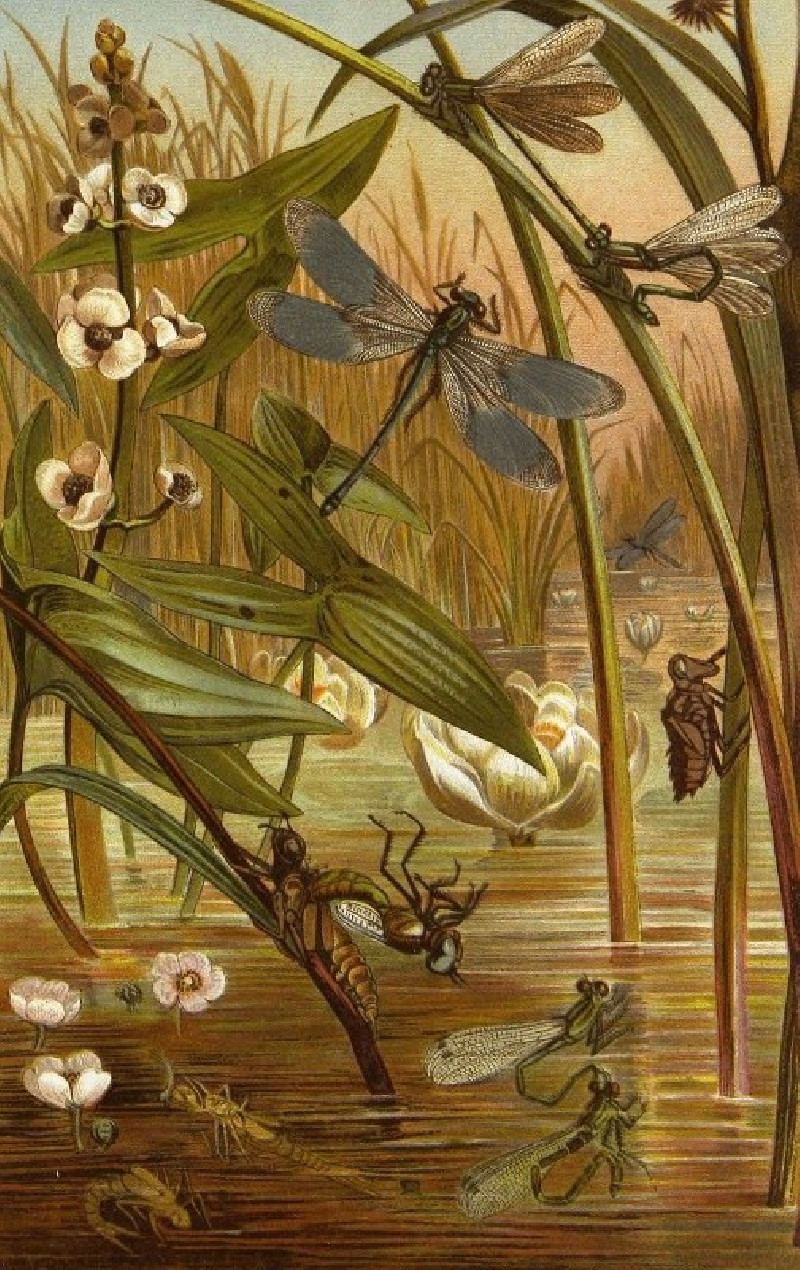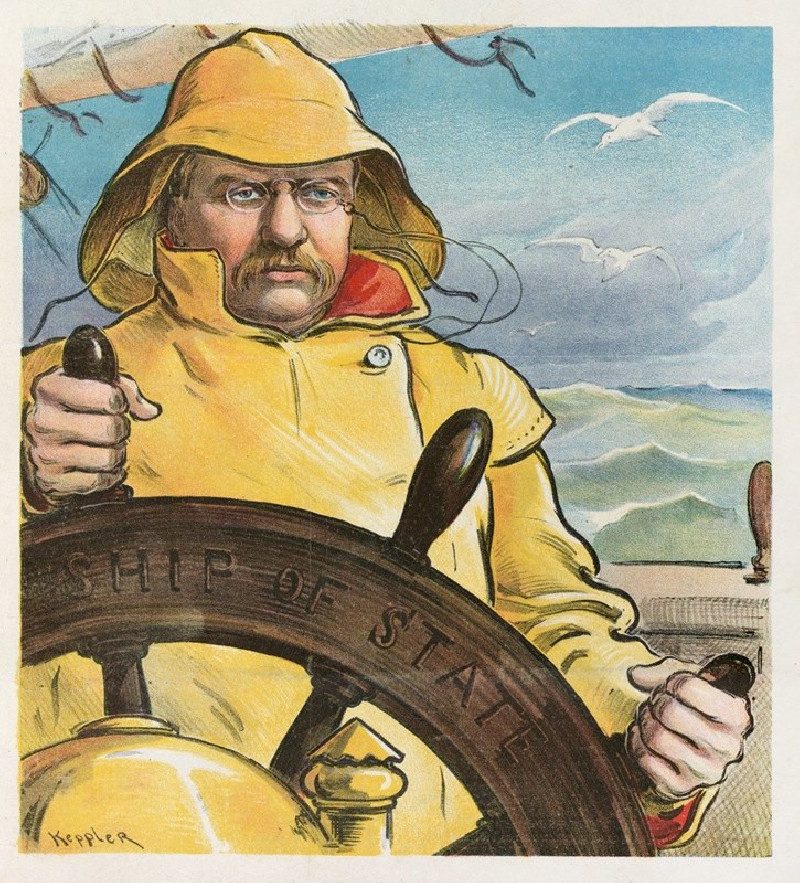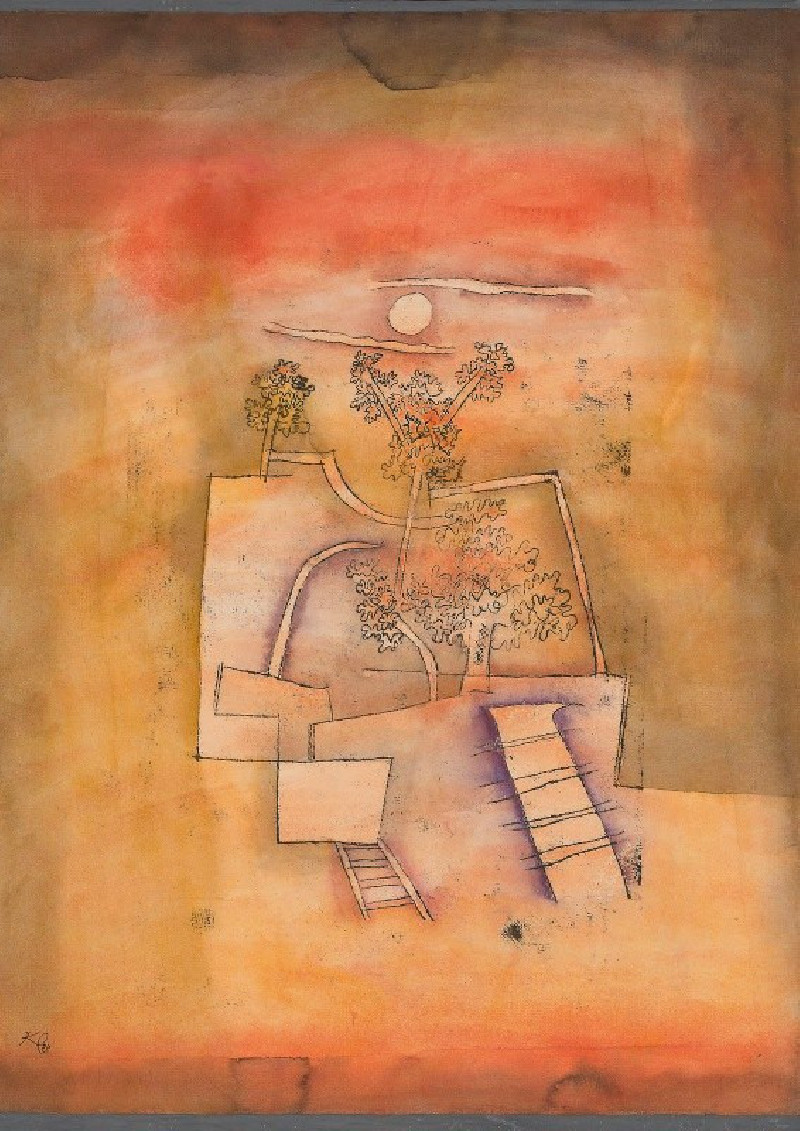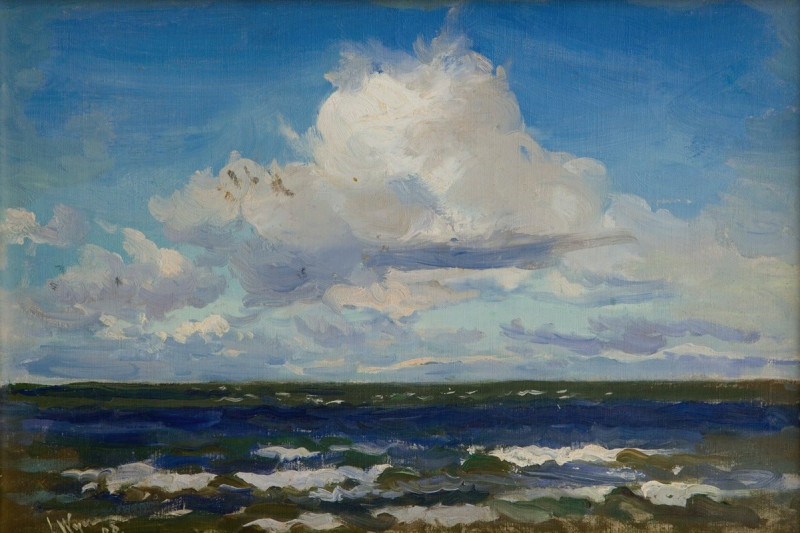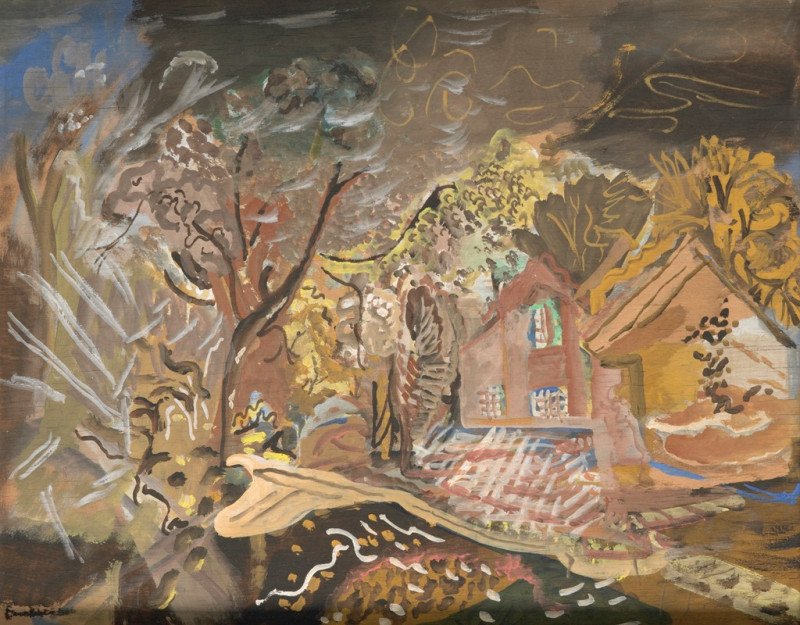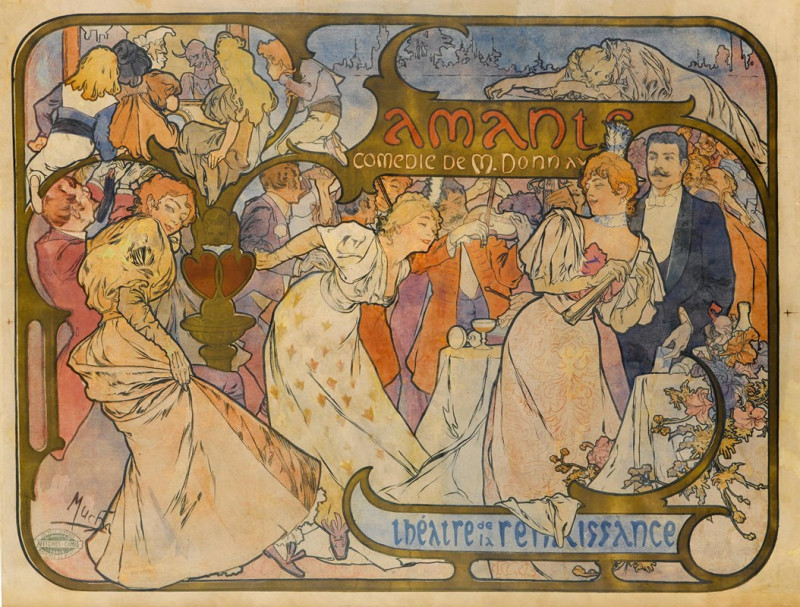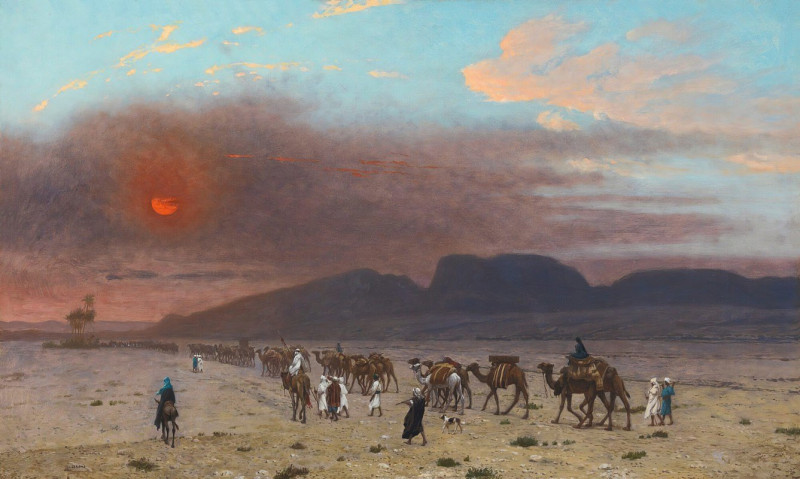Arthur Dove'S Target Rock
Technique: Giclée quality print
Recommended by our customers
More about this artwork
In Arthur Dove's painting titled "Target Rock," we see an impressionistic portrayal of a natural seascape. This artwork, characteristic of Dove's style, employs loose, abstract forms and a somewhat muted yet compelling palette that conveys a serene, albeit somewhat moody, marine environment.At the forefront, a prominent rock stretches across the middle of the canvas. Its bulk, dominating the scene, is painted in light sand colors with dark outlines helping to define its rugged texture and form. The top of this rock features a contrasting deep green, suggesting a covering of dense vegetation, possibly moss or scrub vegetation, which seems to be flourishing amidst the harsh coastal conditions.The background is made up of calm blue waters that delicately lap against the base of the rock, creating gentle ripples. Above the water, the horizon is subtle, with light blues of the sky seamlessly blending into the distant sea, providing a vast sense of openness and quietude.What makes Dove's work captivating is his abstract approach that straddles the line between representational art and abstraction. He uses broad, simple strokes, and the interplay between the earthy tones of the rock and the cool blues of the water adds both contrast and harmony, leading the viewer's eye across the painting in a quiet contemplation of nature's simple, yet profound beauty.
Delivery
Returns
Arthur Dove was a Modernist American artist well known for landscapes and abstract paintings. Dove produced commercial illustration works for magazines including Harper’s Magazine. After returning from Paris, Dove met Alfred Stieglitz who mentored him. During his life, he created a number of inventive and distinguishing artworks using stylize abstract forms, often representing nature including sunrise, trees, water, waterfall, and thunderstorm. Dove’s fame continued to grow after his death. He is said to influence the first generation of Abstract Expressionists, such as Jackson Pollock and Mark Rothko.

